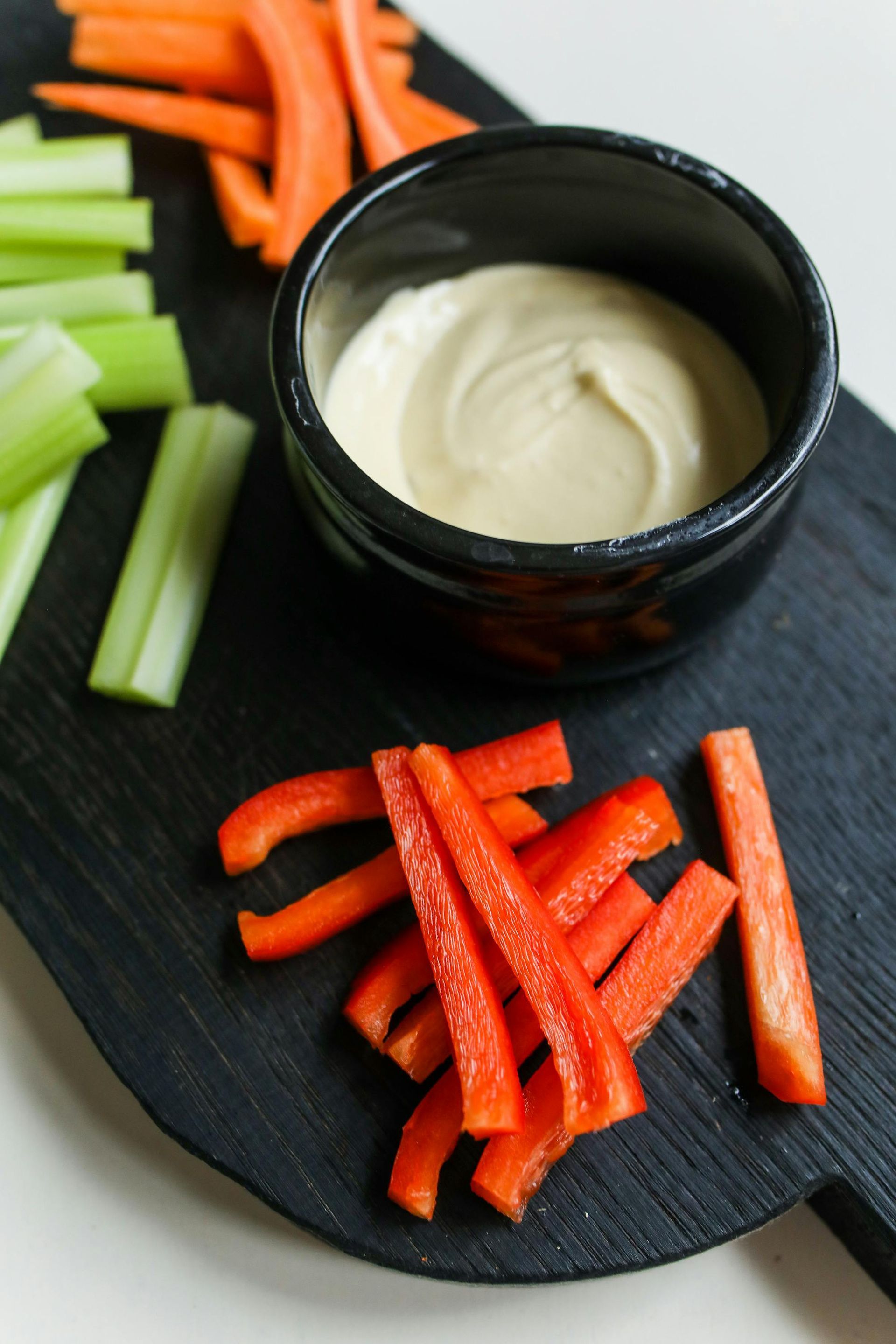4 Ways to Build a Better Relationship with Food
Written By: Mairead, Registered Dietitian
How's your relationship with food? Do you feel like it's pretty good, or is this something you struggle with?
A good relationship with food means that it doesn't take up too much space in our brains, and thinking about eating doesn't take over our lives. It means you're able to adapt your diet if needed to improve your health, without causing excessive stress or being scared of eating the wrong thing. It means you can be flexible in how you're eating, without panicking or feeling the need to compensate for it. It also means trusting your body to know when it's hungry and when it's full.
So how do we get there? Try these 4 tips:
#1: Let go of "all or nothing" thinking!
This is the idea that we have to be following our diet or food rules perfectly, or we don't follow them at all. Moving past this kind of approach can lead to greater health gains since you'll be able to make improvements more consistently. Start by telling yourself that you don't need to have a "good or bad" day in regards to food. Some aspects can be good, some can be not-so-good, and that's ok.
#2: Identify your food rules and where they come from! Food rules can be any belief about food or standard that you try to hold yourself to. These could include anything about what time you eat, or what types of foods you do and don't eat, or how much of certain foods you're allowed to eat. Once you notice your food rules, think about where they come from. Is this something you were told to do for a specific medical condition? Is it something you picked up from a friend or family member? Is it actually improving your health? If a rule is causing you stress or to miss out on things, is there another way to get the same end result? There's no right or wrong answers, but this can give you some clarity on any rules that are working for you and and which are not.
#3: Give yourself unconditional permission to eat!
You never need to earn your food, nor do you need to deprive your body of the fuel it needs. No matter what you ate today, yesterday, or will eat tomorrow, you still have permission to eat. Practice honouring your hunger cues and cravings when you're able to. When negative thoughts come up telling you that you shouldn't be eating that much or that food, take a deep breath and let the thoughts go.
#4: Move past the extremes!
When people think of letting go of their food rules or getting away from dietiting, they often think this means they'll just eat treat foods all the time and never eat vegetables. Healthy eating that is good for our physical and mental wellbeing isn't extreme in either direction. You can can focus on having more vegetables. That doesn't mean those are the only foods you should ever eat. You can allow yourself to enjoy treats on a regular basis. That doesn't mean these are the only treats you should ever eat either.
If you're still struggling with your relationship with food, it's time to seek help from a Registered Dietitian. If you feel it's extreme and you may be experiencing disordered eating or an eating disorder, consider seeking help from your health care provider.
Looking for more personalized nutrition advice? Let's chat! Email mairead@degreefitnessseaforth.com for more info about our Nutrition Programs, or click HERE to book your FREE Bite-Sized Nutrition Chat!



